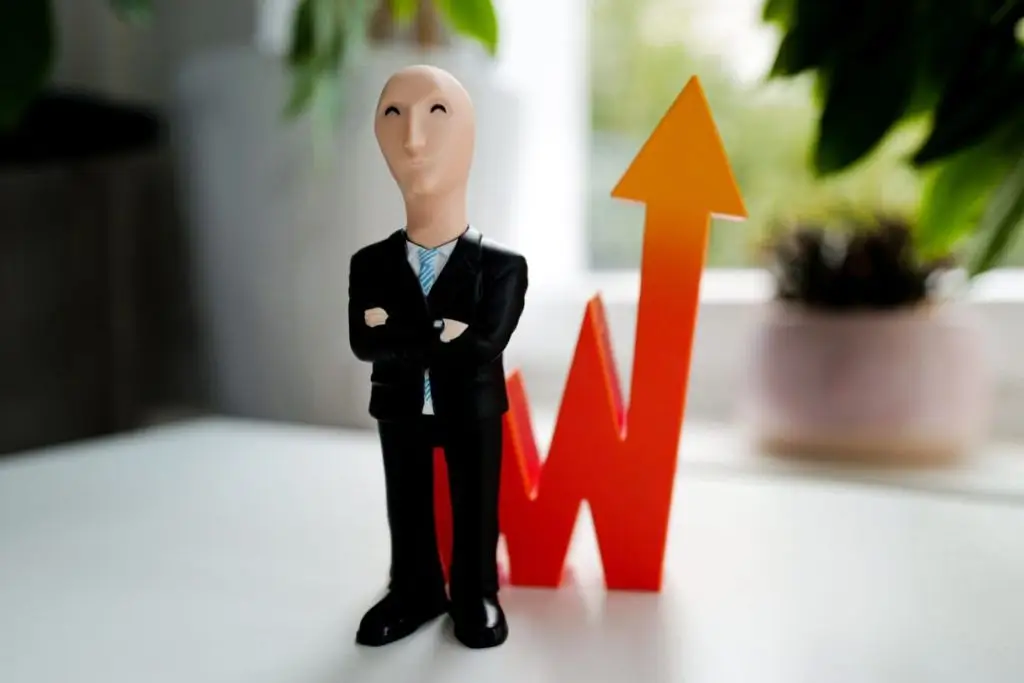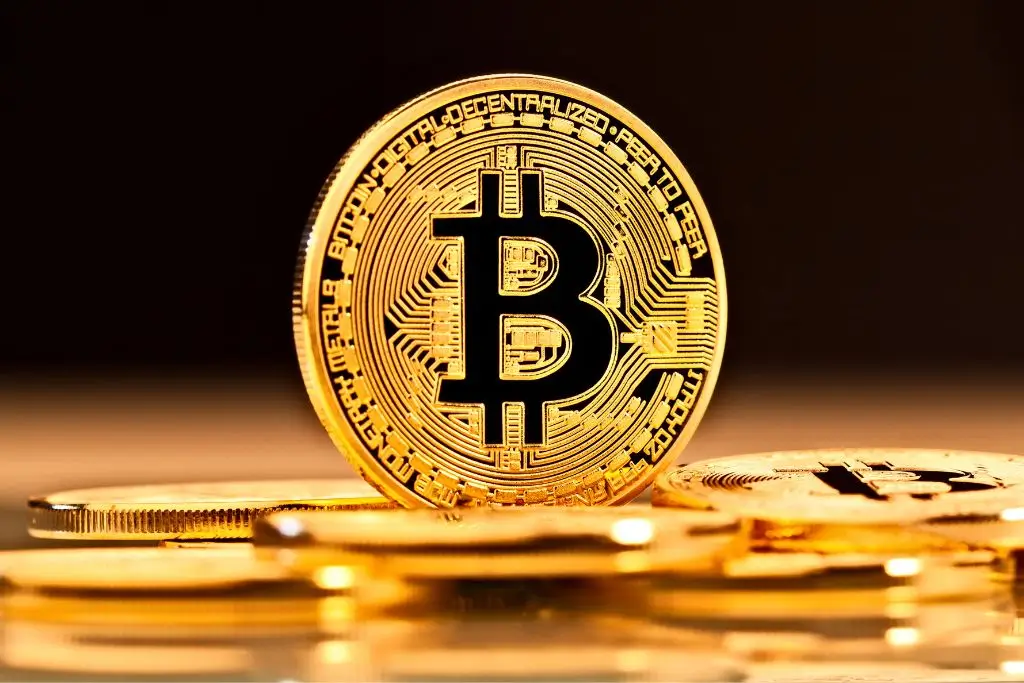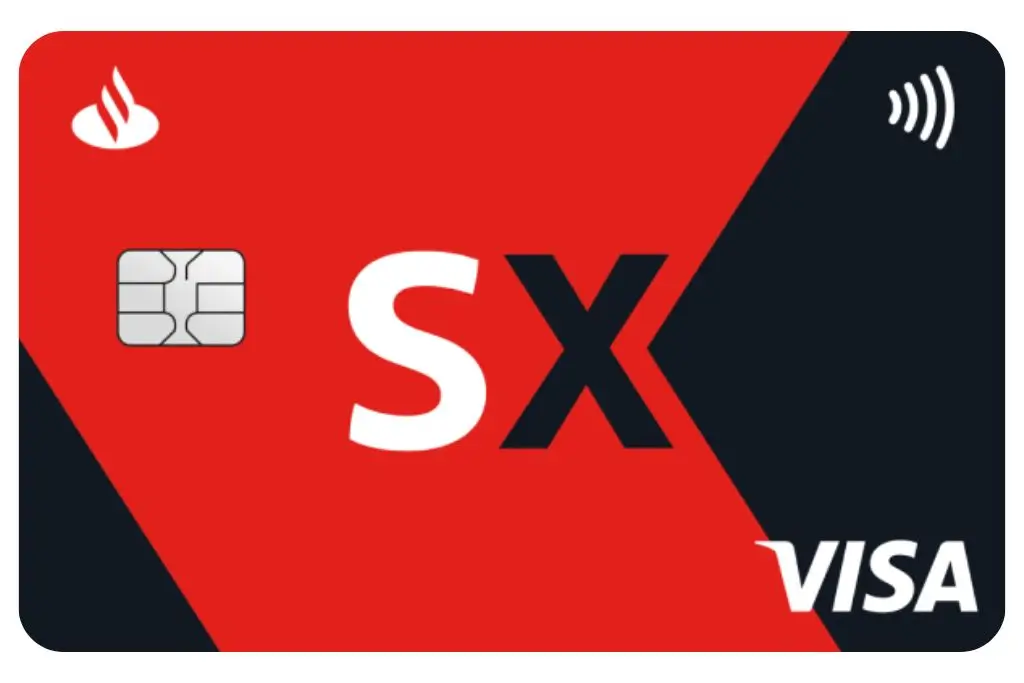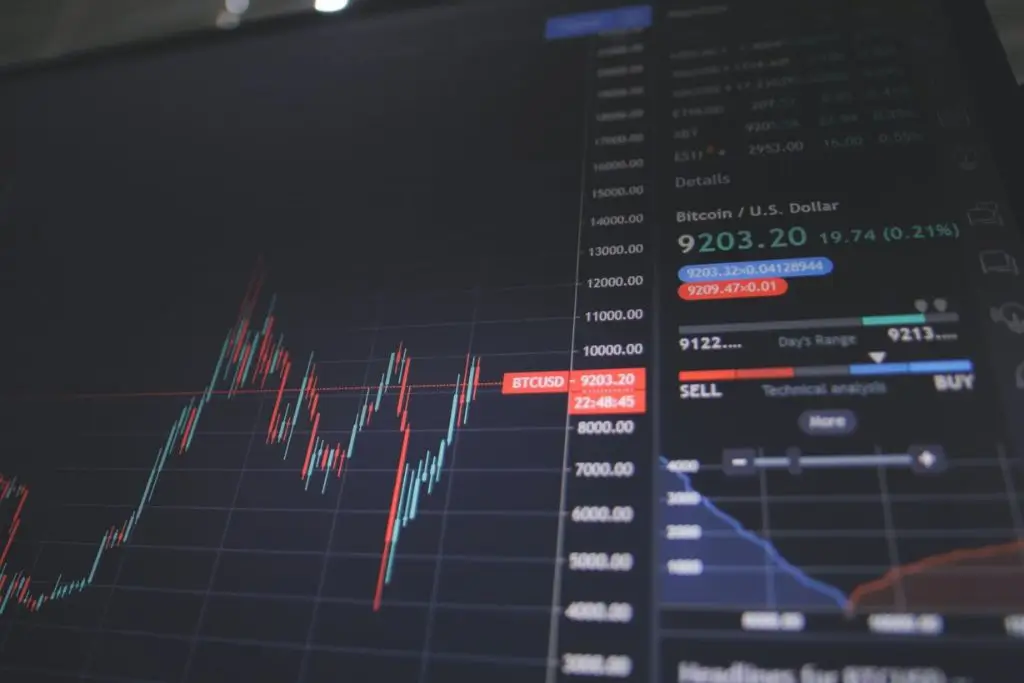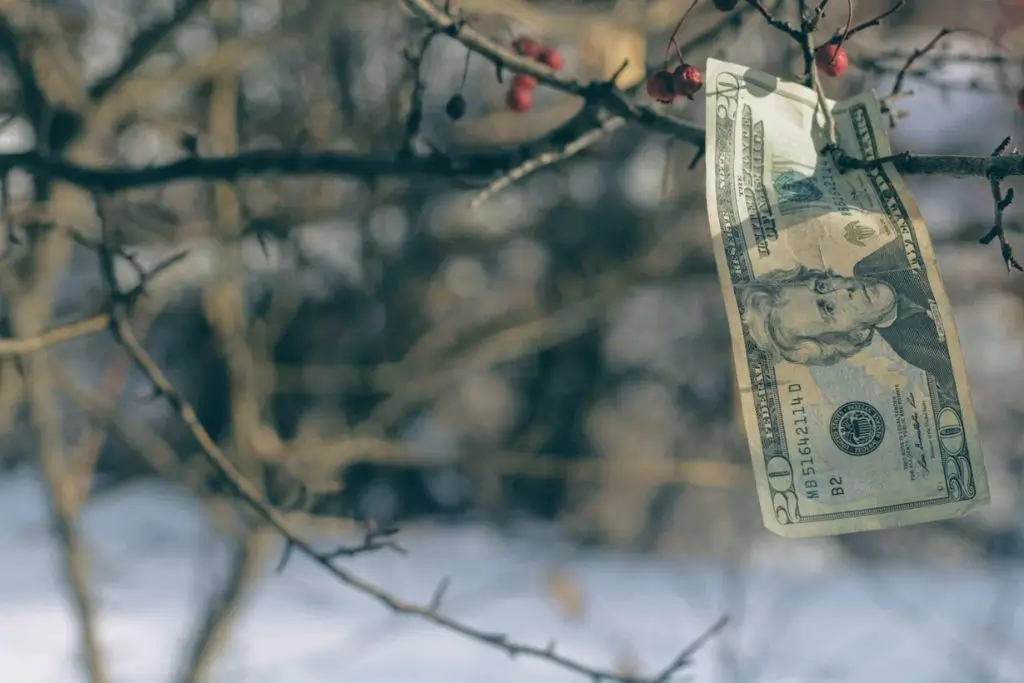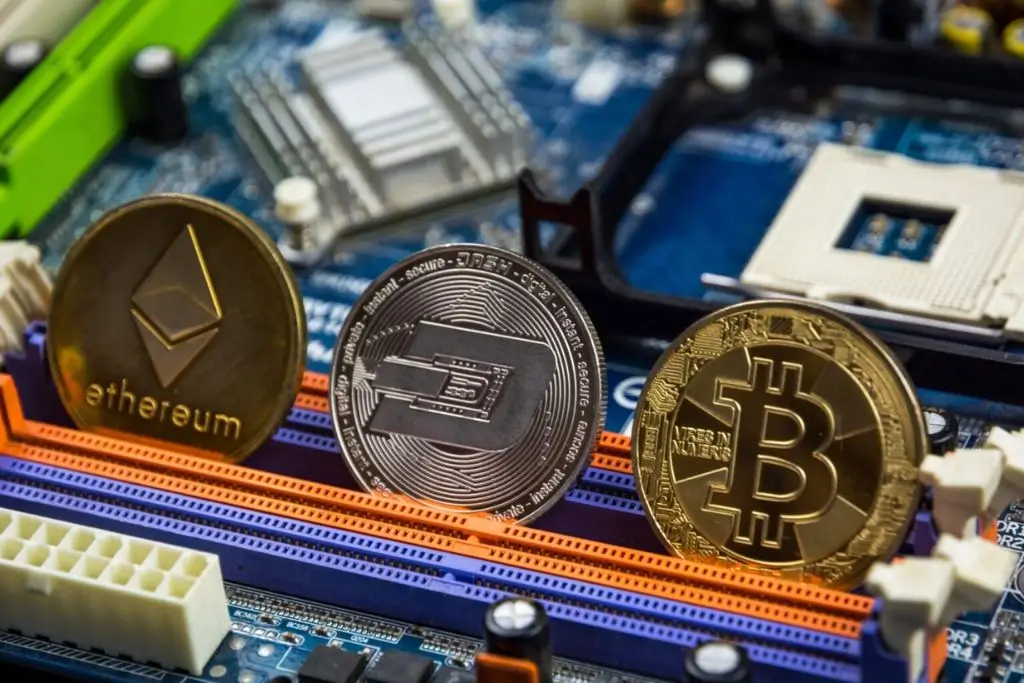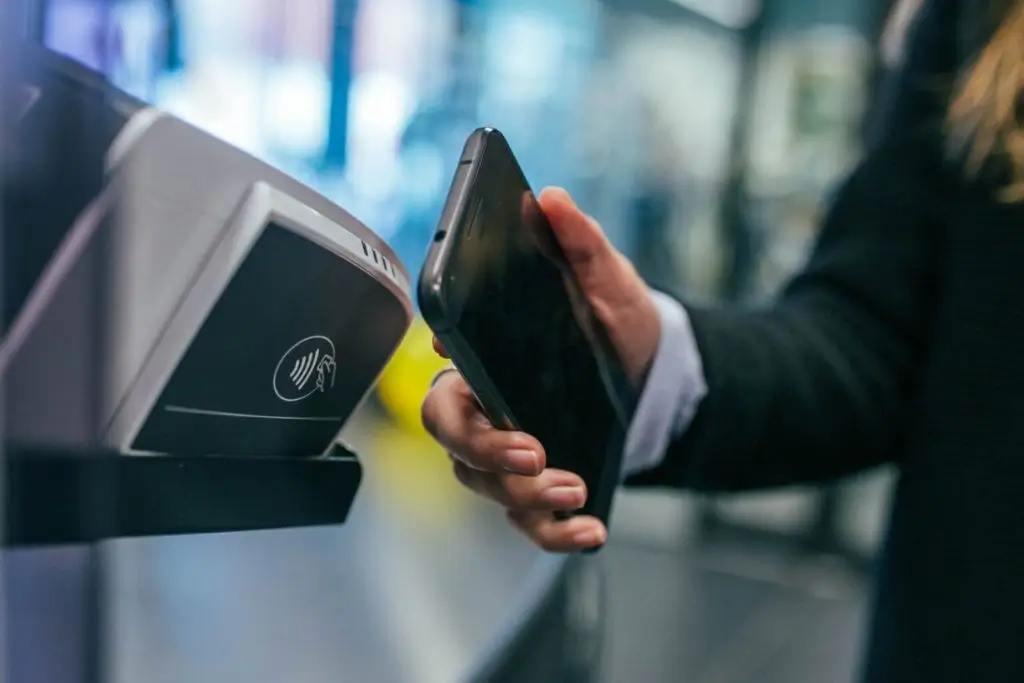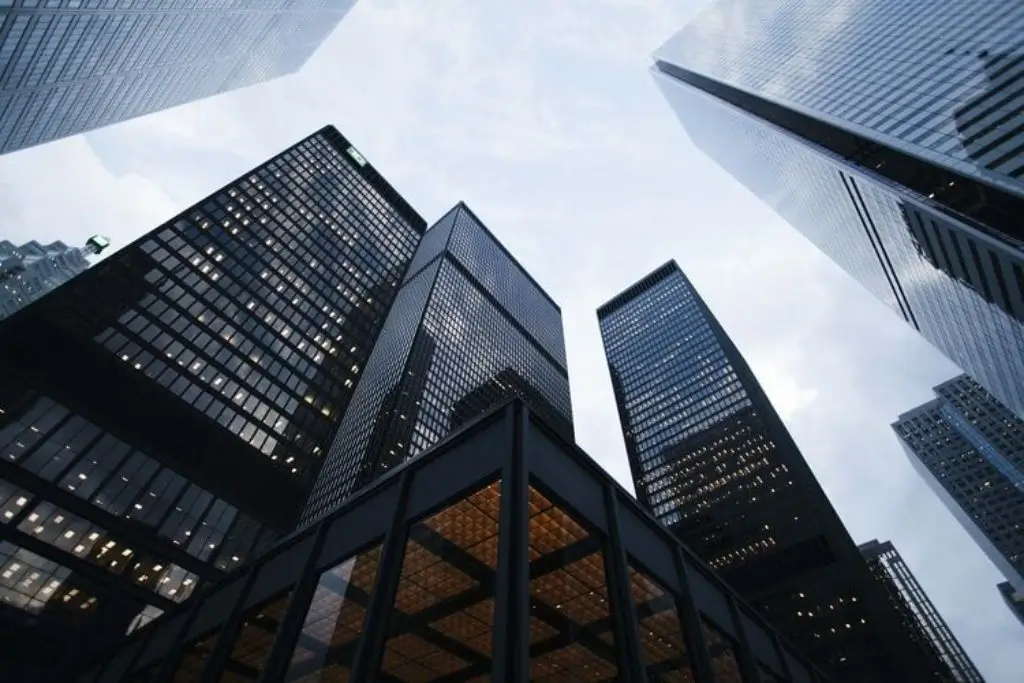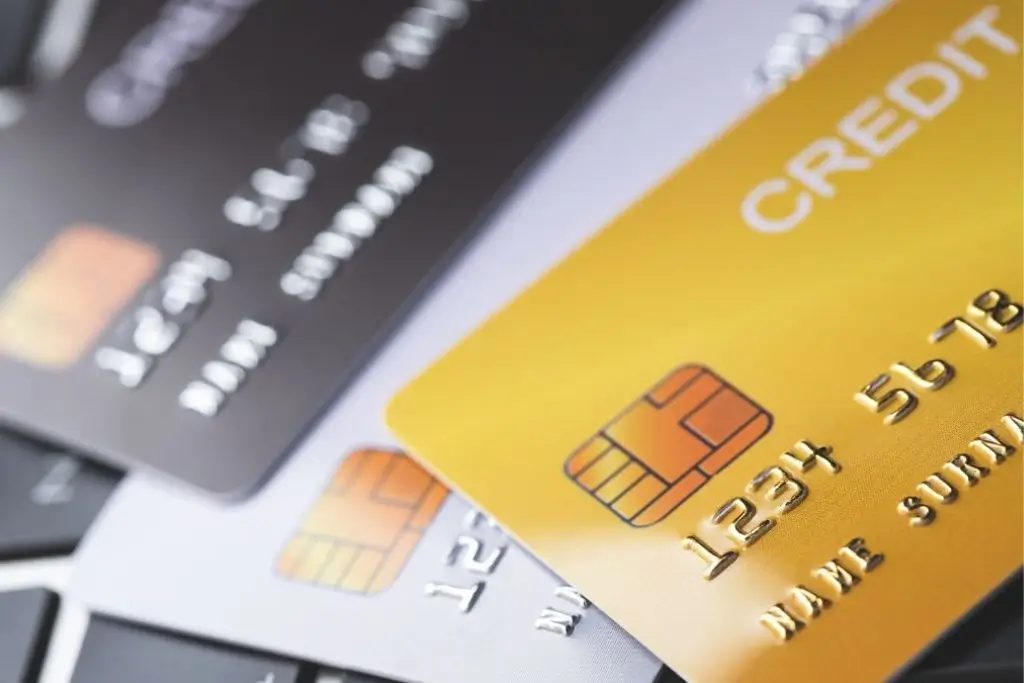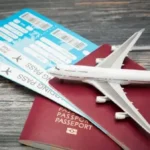How's your Emergency Reserve? Here's how to save and keep part of your financial resources in a simple and objective way
Building up an emergency reserve is the first step towards achieving a balanced financial life, and should be adopted by anyone who wants greater security - financial and psychological - in times of scarcity.
Every investor, before moving on to riskier options such as the financial marketIf you have an emergency reserve, you need to build it up, as this will provide security against unforeseen events such as a burnt-out appliance, a broken-down car or an urgent health issue.
Before starting the process of building up an emergency reserve, it's crucial to understand why this resource is so vital. An emergency reserve provides a financial safety net, allowing you to face unforeseen expenses without resorting to loans or debt.
The first step towards obtaining your emergency reserve is to carry out an honest assessment of your current financial situation. This includes analysing your monthly expenses, sources of income, existing debts and any other financial commitments.
Analysing your own reality will help you determine the ideal amount to set aside for emergencies, taking into account your individual needs and personal circumstances.
Setting realistic goals is essential to achieving your emergency reserve effectively. Set a specific goal for the amount you want to accumulate and a deadline for achieving it. Break this down into smaller, achievable goals, making the process more manageable and motivating over time.
Here are some concepts and tips for building up a healthy emergency reserve.
What is an Emergency Reserve?
We call an emergency reserve the money saved over the years, in an amount capable of covering all expenses, fixed and variable, for a set period of time.
The purpose of this reserve is precisely to be able to cover your expenses without the need for debt and loans in times of adversity - such as a lay-off, drop in income or unforeseen events.
How much should you save?
The ideal amount of your emergency reserve will depend on three things: your standard of living, your source of income and the "safety period", i.e. how long you want to have your expenses covered in a worst-case scenario.
Ideally, you should have enough to cover six months' expenses - but this amount can be reduced or increased depending on your level of stability. For example, a person with average monthly expenditure of R$2,000.00 should build up an emergency reserve of R$12,000.00.
However, if you are self-employed with irregular demand throughout the year, the ideal is for the reserve to cover a longer period of time, such as eight or twelve months.
What is the frequency and amount of contributions?
Ideally, the emergency reserve should be built up on a monthly basis, with the amount established in your cash flow.
Where to keep the Emergency Reserve?
Bear in mind that the emergency reserve needs to be available for redemption at any time, which is why it's important that it has daily liquidity. In addition, it should be kept in a low-risk investment, since the purpose of this money is to provide security for your financial life.
Many people end up putting their money in savings and don't know about the other options. And if you have money in savings, that's fine! You're already one step ahead of many people: you have money saved. Now it's time to find out about other possible investments:
1. SELIC TREASURY
2. CDB with daily liquidity
3. LCI and LCA with daily liquidity
4. Fixed income funds
5. DI Funds
When should I spend my Emergency Reserve?
As its name suggests, the reserve should be used for emergencies, i.e. unexpected and urgent situations. Ideally, you should define the situations in which you will use your emergency reserve while you are building it, but here are some examples to guide your decision:
1. Unexpected reduction in monthly income;
2. Unforeseen health costs;
3. Unexpected car or property repair debts;
4. Education;
As tempting as it may be to spend on the superfluous, it's important not to make exceptions and to only use your emergency reserve according to the criteria you've previously established - that way it doesn't become a habit to gradually deplete your reserve without realising it.
I had to spend my reserve, so next month do I invest or top up the reserve?
Once the situation has normalised, the focus is on re-establishing the full amount stipulated for your reserve. If the situation hasn't normalised and the reserve is running out, it's time to review your balance sheet and cut some expenses.
Read also: Learn all about private pensions
Attention!
Valor e Capital is a purely informative site aimed at enriching our users with financial content, we are not linked to any company and we do not make suggestions for buying or selling assets, do not share personal information in the comments.

